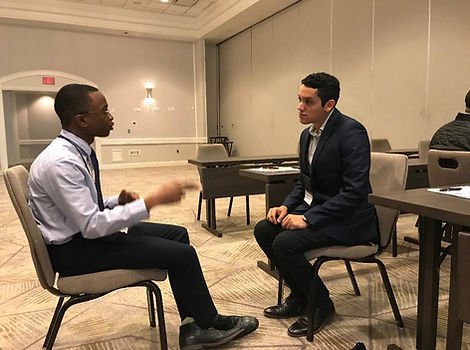The Philosophy of Listening
The Philosophy of Listening is about the process of hearing. It is the art of listening, whether we are speaking to a person or a computer. In this book, Gemma Corradi Fiumara examines the other side of language. It is about the art of listening as an active process, whereby we use our listening skills to make other people understand our words. This book is a must-read for anyone who wants to increase their listening skills.
The act of listening is a complex and multifaceted process. It involves a great deal of receptivity, a concept that has long been associated with passivity. In contrast, receiving is a mode of engagement. The salient feature of listening is openness. Not passive openness or retreat. Listening requires a stance beyond personal convictions and enters into our interlocutors' worlds. As a result, listening requires us to suspend our judgement and to make room for the other person's point of view.
The philosophy of listening emphasizes that listening is an essential practice in the pursuit of justice. Listening is the act of entering the heart of the hearer. It also teaches the heart to educate a man. By listening, love enters his life. A fool refuses to listen to distorted speech, so they are passed over by power figures. Ultimately, listening is a practice of respect. That means we must cultivate our listening skills to help others, regardless of their status.
In order to engage in the philosophical dialogue, we must be able to hear. Whether it is a conversation or a concert, we have to make an effort to listen to what is being said. Hearing alone is not enough; we must also actively interrogate, interpret, and judge in order to understand the speaker. Think about it. In the process of listening, the soundwaves hit our ears. And we respond to what we hear.
Wisdom is a divine attribute with an orientation towards human beings. As the word of God says, wisdom is a path in life. Similarly, listening is an act of obedience. As God calls us to listen to his word, listening is an important principle for character formation. We must learn to discern what is true from what is folly. This is no easy task. That is why it is vital to develop good listening skills.
The Philosophy of Listening was written by a writer based on Plato. He argued that the act of listening is an essential part of a dialogue. Without listening, we are unlikely to learn anything from the dialogue. Ultimately, the Philosophy of Listening can be defined as a set of beliefs. Socrates was a philosopher who cultivated good listening skills in his day-to-day life. Despite its unconventional structure, the book is a worthwhile read.
According to Heraclitus, listening is an active process that involves becoming homologous with the object being listened to. In this way, the listener becomes the object of the dialogue and co-creates meaning with the speaker. He also identifies the process of listening as an active process, and it was much earlier than other writers until the nineteenth century. By understanding the active nature of listening, we can advance the collective philosophical endeavor.

